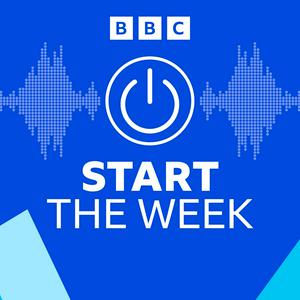How do we think about war? How do we imagine it, picture it and explain it? Adam Rutherford hosts Radio 4's discussion programme which starts the week, asking what we can learn about ourselves from our varied intellectual and cultural responses to conflict.
Sir Lawrence Freedman is one of the world's leading scholars of warfare. In his new collection of essays, On Strategists and Strategy, he considers some of the key strategic thinkers of the last century and thoughts about the significance of political calculation, military tactics, organisational behaviour, character and psychology.
A new exhibition opens in March at the Imperial War Museum, London titled Beauty and Destruction: Wartime London in Art. The curator Rebecca Newell explains what we learn from the ways in which artists recorded changes to the city during the Second World War in paintings, drawings and film.
The Hôtel Lutetia, the grand hotel on Paris's Left Bank, has over the years drawn bohemians and great artists, including Matisse and Picasso. However, for a short period around the Second World War, the hotel was witness to significant events. Jane Rogoyska's new book Hotel Exile: Paris in the Shadow of War peoples the hotel with the intellectual and refugees gathering there in the 1930s, the men of the German military intelligence service who made it their headquarters and the deportees returning from concentration camps.
Producer: Ruth Watts


